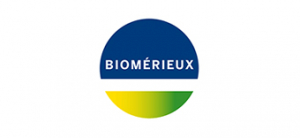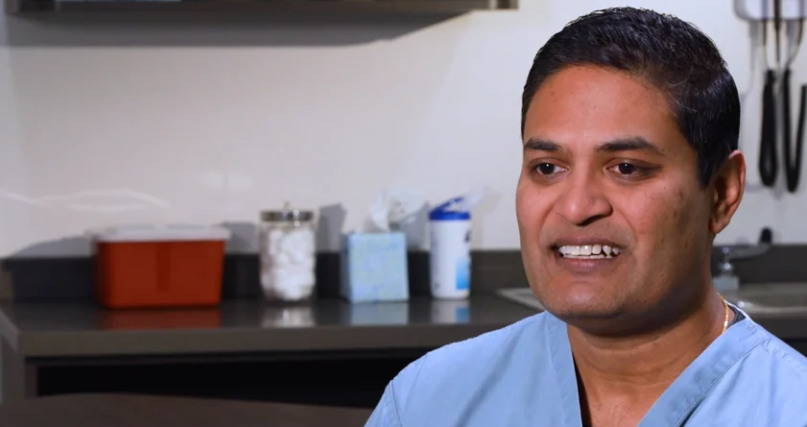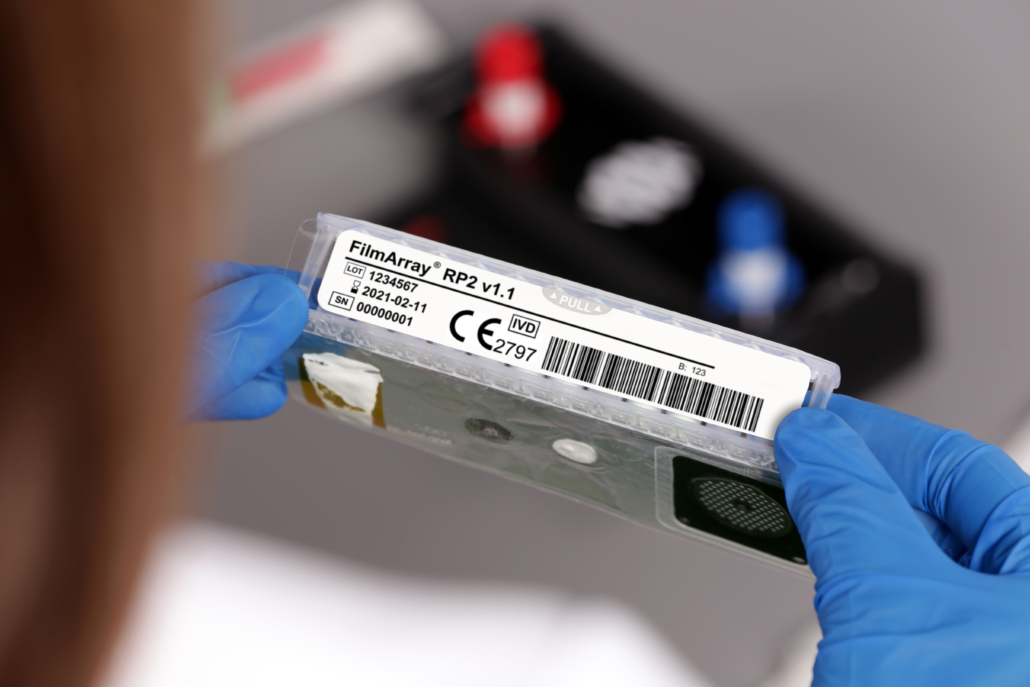Syndromic Infectious Disease Testing: The New Paradigm
When parents of pediatric patients bring their children into the clinic or emergency room, they understandably want answers as quickly as possible. Since many pathogens can manifest with similar symptoms, the traditional route of testing for one pathogen at a time—often with a 48 to 72-hour delay in obtaining results—can lead to worsening symptoms, unnecessary antibiotic therapy, and increased length of stay in the hospital.
The BioFire® FilmArray® System tests for multiple pathogens with just one syndromic test. It empowers clinical and laboratory staff to get the answers they need in a clinically actionable time frame—typically in about an hour.
Syndromic Meningitis/Encephalitis Testing
With life-threatening conditions like meningitis and encephalitis, time to diagnosis is especially critical. The BioFire® FilmArray® Meningitis/Encephalitis Panel tests for a comprehensive set of 14 of the most common bacteria, viruses, and fungi in about an hour, allowing clinicians to:
- Improve treatment decisions by potential avoidance of unnecessary acyclovir use in low-risk HSV-negative pediatric patients.1
- Reduce average time to results by up to 4-days.2,3
- Double the positivity rate of pathogen detection compared to send-out lab tests.4
- Reduce length of stay by 2 days in children with pediatric CNS infections.2
- Reduce hospital stays by avoiding unnecessary hospital admissions by up to 38%.4
- Improve antimicrobial therapy with 64-hour decrease in time to targeted therapy.5






